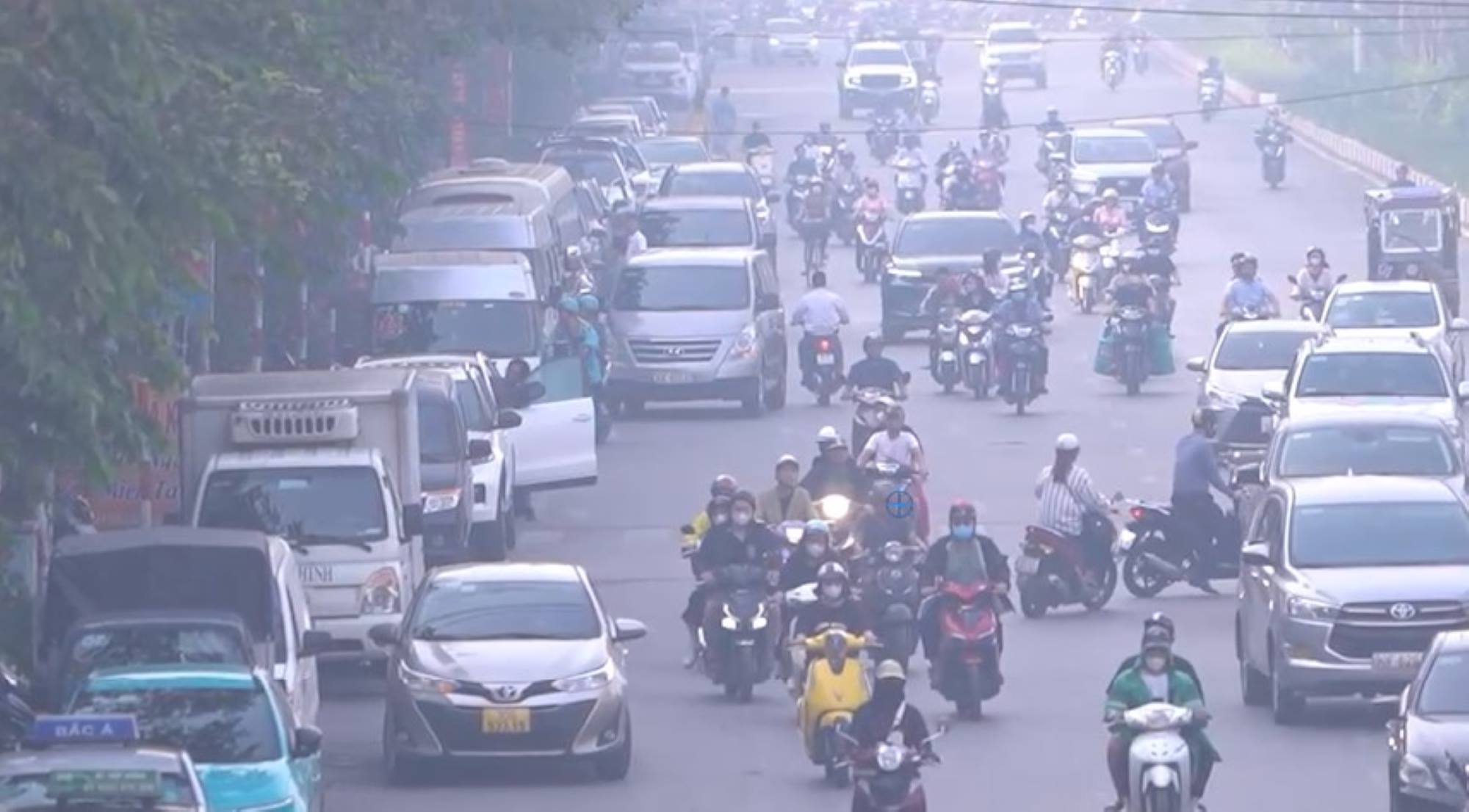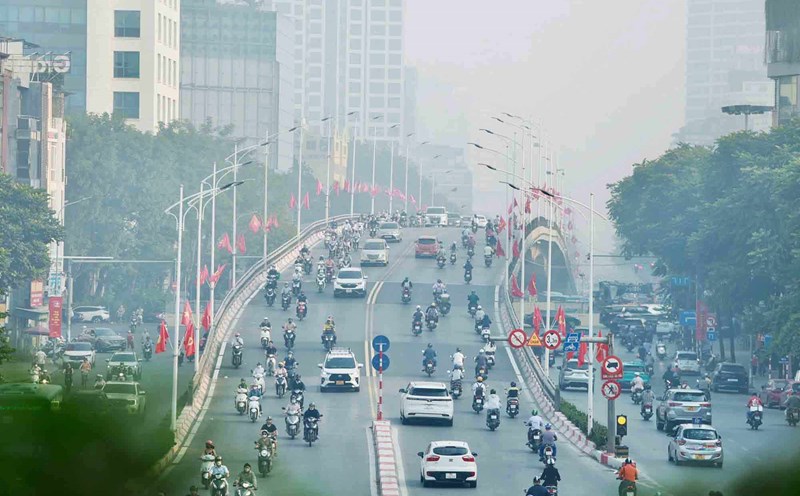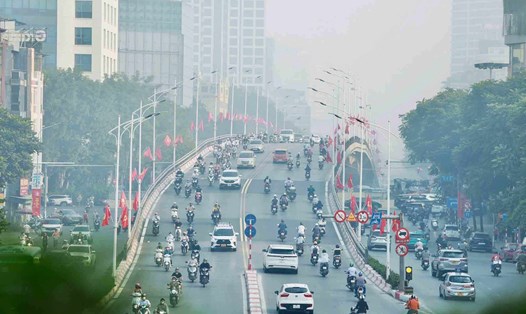People hope to be supported when switching to green cars
At the Hanoi People's Council meeting, delegates presented a draft resolution stipulating the conditions, criteria and procedures for determining low-emission zones. The draft proposes banning or restricting vehicles that do not meet level 4 (for cars) and level 2 (for motorbikes) emission standards in certain areas or time frames.
Mr. Kieu Xuan Hung, a motorbike taxi driver in Hoang Mai district, worried: "My motorbike has been used for more than 15 years. If I have to buy a new one to meet emission standards, I do not have enough financial means. The government needs to have support policies so that we can be able to change our motorbikes."
Similarly, Mr. Le Van Hien - a resident of Hai Ba Trung district - expressed: "Whether new or old, vehicles in Hanoi all emit toxic gases. We are poor workers, how can we have enough money to replace our vehicles? If it is banned, there needs to be specific support solutions."
With rapid urbanization, the sharp increase in the number of personal vehicles has become a source of serious air pollution in Hanoi.
According to Mr. Nguyen Trong Nhat - Head of Environmental Management Department, Department of Natural Resources and Environment, emissions from vehicles, road dust and industrial activities are the main causes.
Dr. Le Danh Quang - Vice Principal of Hanoi College of Technology - said: "Exhaust fumes from old motorbikes and cars contain toxic substances such as carbon monoxide, nitrogen dioxide, and PM2.5 fine dust. These are agents that cause eye irritation, respiratory infections, and even increase the risk of cardiovascular and lung diseases."

Pilot implementation of low emission zones from 1.1.2025
On December 12, 2024, at the 20th session of the Hanoi People's Council, the Resolution on Regulations on the implementation of low emission zones (LEZ) was passed. This Resolution will take effect from January 1, 2025, with the goal of reducing air pollution caused by vehicles.
According to the resolution, organizations and individuals using road motor vehicles will not be allowed to circulate in low-emission areas if their vehicles do not meet emission standards.
Chairman of Hanoi People's Committee, Mr. Tran Sy Thanh said: The city will implement many programs to encourage people to switch to using green vehicles, contributing to improving air quality.
Associate Professor Dr. Le Van Hung - Lecturer at the University of Natural Resources and Environment - emphasized: "To effectively implement low emission zones, it is necessary to closely coordinate between functional agencies, businesses and people. Support solutions such as discounts, exchanging old cars for new ones, or preferential loans are very necessary".
There is a need to increase awareness about using public transport instead of private vehicles. These measures will help reduce air pollution pressure and bring long-term benefits to the community.
Although solutions have been proposed, improving air quality in Hanoi is still a difficult problem, requiring the cooperation of all relevant parties.
In the context of Hanoi piloting a low-emission zone, electric vehicles are considered a potential solution to replace polluting vehicles. Electric vehicles not only reduce toxic emissions but also contribute to improving air quality. However, to encourage people to switch, there needs to be supportive policies such as subsidies for vehicle purchases, development of charging station infrastructure, and tax exemptions for green vehicles.











